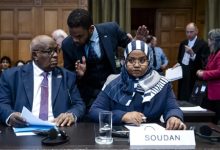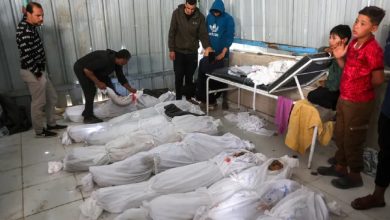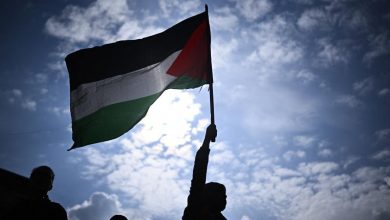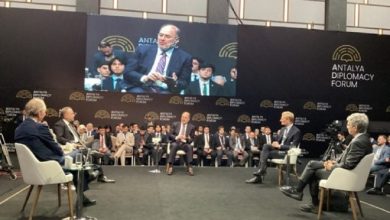UAE Escalates Covert War in Sudan After RSF Defeat
Arab sources reveal Abu Dhabi’s shift to sabotage and destabilization tactics in Sudan following the collapse of its proxy militias.
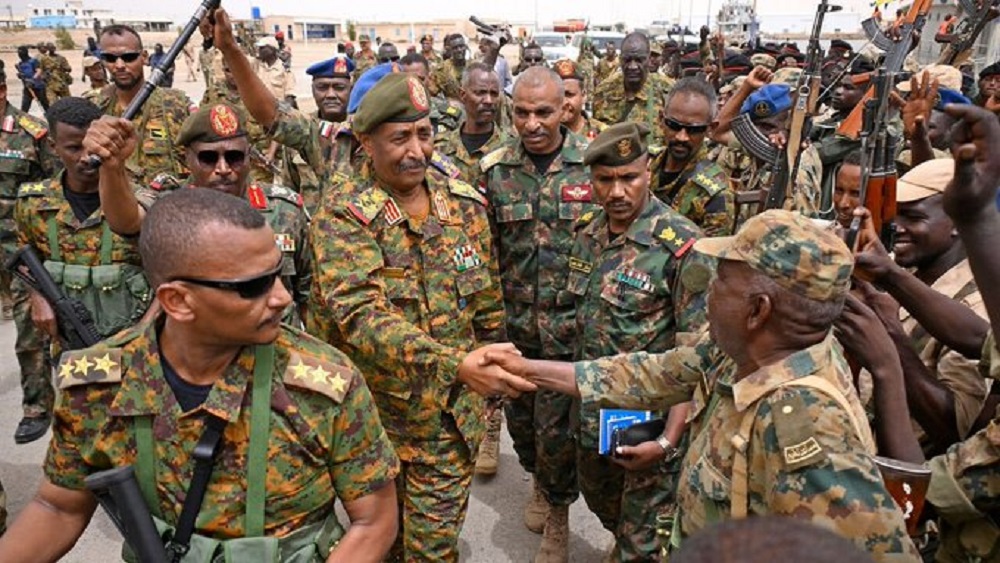
Watan-Arab diplomatic sources have warned that the United Arab Emirates has entered a more dangerous phase in its efforts to destabilize Sudan and its people, following the successive defeats suffered by the Rapid Support Forces (RSF) militias funded by Abu Dhabi.
According to the sources, as Sudanese cities — particularly Wad Madani — begin to recover, with the expulsion of the RSF militias, the return of electricity, and restoration of basic services, Abu Dhabi is now operating behind the scenes to sabotage this recovery by funding sabotage groups executing its agenda in the shadows.
The sources confirmed that, after the collapse of its military project in Sudan, the UAE has moved into a more dangerous phase: reigniting internal chaos and plunging the country back into instability through financed proxies.
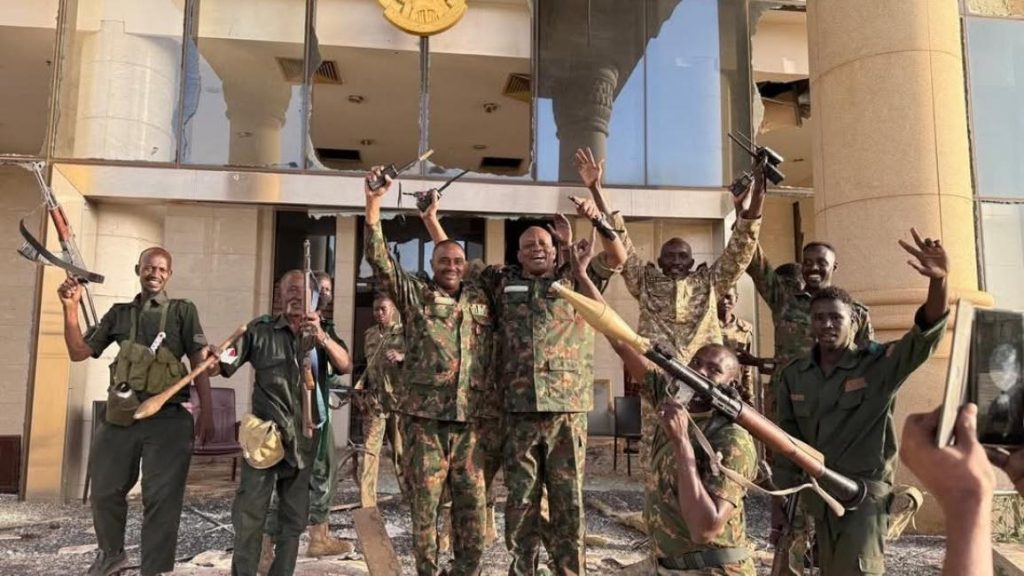
UAE-Linked Sabotage Hits Sudan
One of the latest acts of sabotage reportedly tied to UAE plans was the complete destruction of the Bahri Water Station — the largest water supply facility in Khartoum state — carried out by RSF elements who had received orders for a tactical withdrawal while sabotaging infrastructure in their wake.
The sabotage also includes the theft of cables, water pumps, and safety equipment, along with the full dismantling of the quality control lab — a move described as “engineered” for its precision and intent, not just to loot but to paralyze state functions.
According to sources, the UAE’s hidden goal is to send an international message that Sudan is ungovernable and unfit for recovery, thereby promoting the idea that Sudan needs “international guardianship” or a UN-led initiative — one in which Abu Dhabi would act as a so-called “humanitarian mediator.”
In addition, the UAE is reportedly working to undermine reconstruction efforts and demoralize national spirit by sabotaging vital sectors — electricity, water, and hospitals — aiming to erode public confidence in the country’s ability to secure victory or stability.
The UAE also seeks to prevent the Sudanese army from establishing control and stability in liberated areas, in order to create a vacuum where chaos can resume.
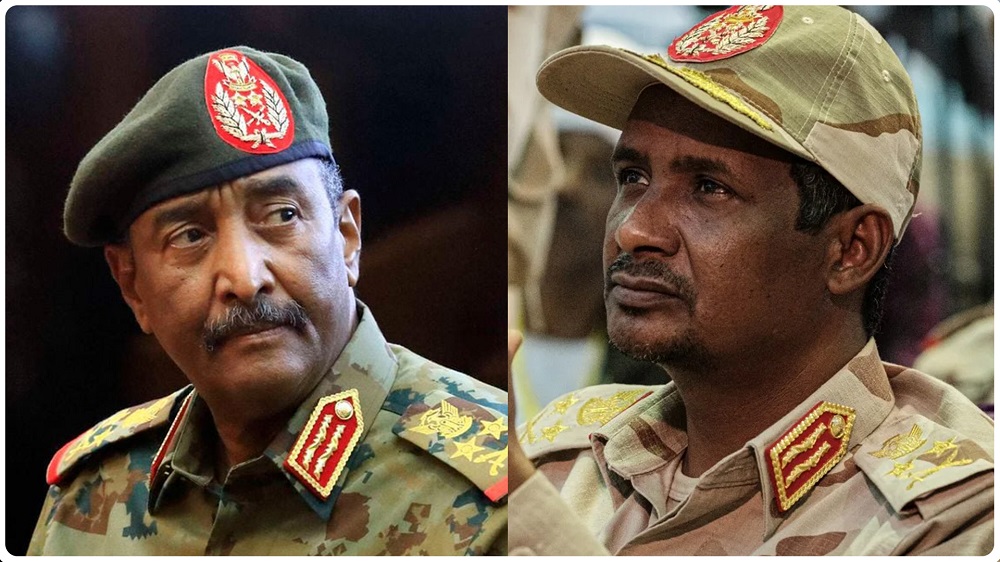
UAE Scrambles to Cover Its Tracks
Sources noted that Emirati money reaches these cells via smuggling networks in eastern Sudan and through certain money transfer companies operating under fake commercial fronts linked to Abu Dhabi.
Just days ago, informed sources revealed serious concerns within the Emirati regime about potential scandals emerging following the RSF’s defeats and the sensitive documents and communication devices left behind, which could incriminate Abu Dhabi.
Sources told Emirates Leaks that the UAE regime declared a state of maximum alert and launched a behind-the-scenes operation to recover or destroy documents and devices left behind in RSF compounds — fearing the secrets they contain about the UAE’s role in financing and arming the militias.
According to the sources, the UAE is racing to retrieve direct communications between RSF leaders and Emirati security officers, financial transfer documents via shell companies based in Dubai and Addis Ababa, and plans for coordinating cross-border military operations.
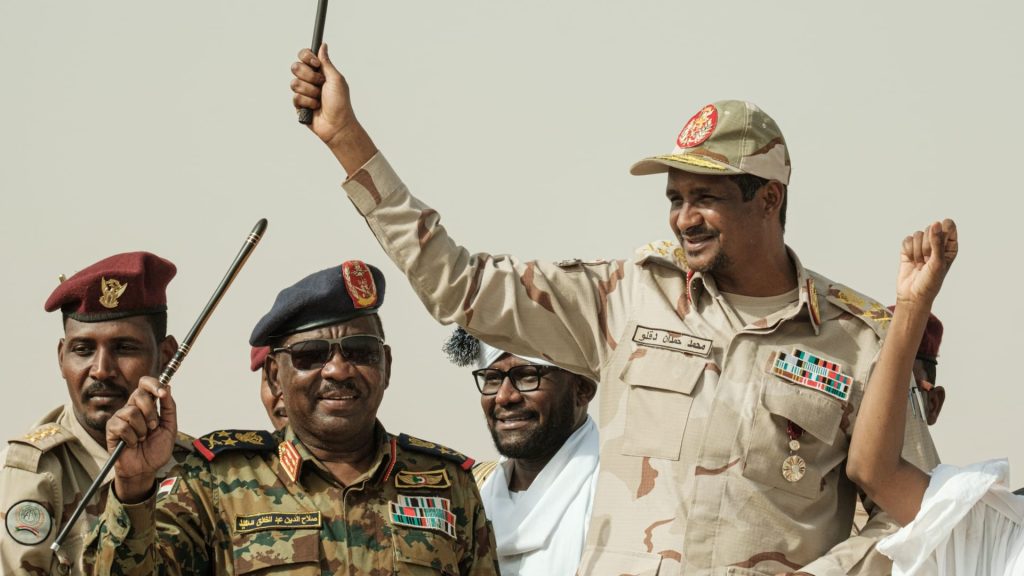
UAE Uses Cover Ops to Erase Evidence
In an effort to contain potential fallout, the UAE is reportedly deploying field operatives under media and humanitarian covers to search for documents and offer large bribes to individuals close to the Sudanese army in exchange for handing over any evidence implicating Abu Dhabi. A reconnaissance plane, under the guise of a “humanitarian mission,” was also reportedly sent to locate storage sites or discarded documents.
The UAE is further trying to exploit loyalists within civil administrations in Khartoum to create security gaps that would facilitate the destruction of incriminating materials.
Observers agree that the real downfall is not only on the ground in Khartoum, but in the collapse of the narrative that the UAE had long marketed — that of being a supporter of stability — while now scrambling to cover up the truth left behind in documents, files, and recordings.

